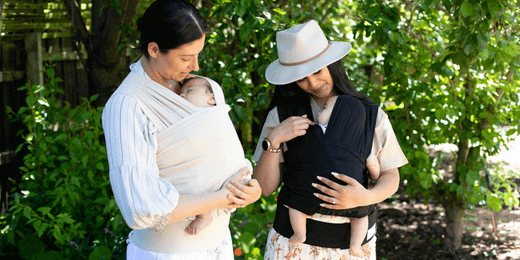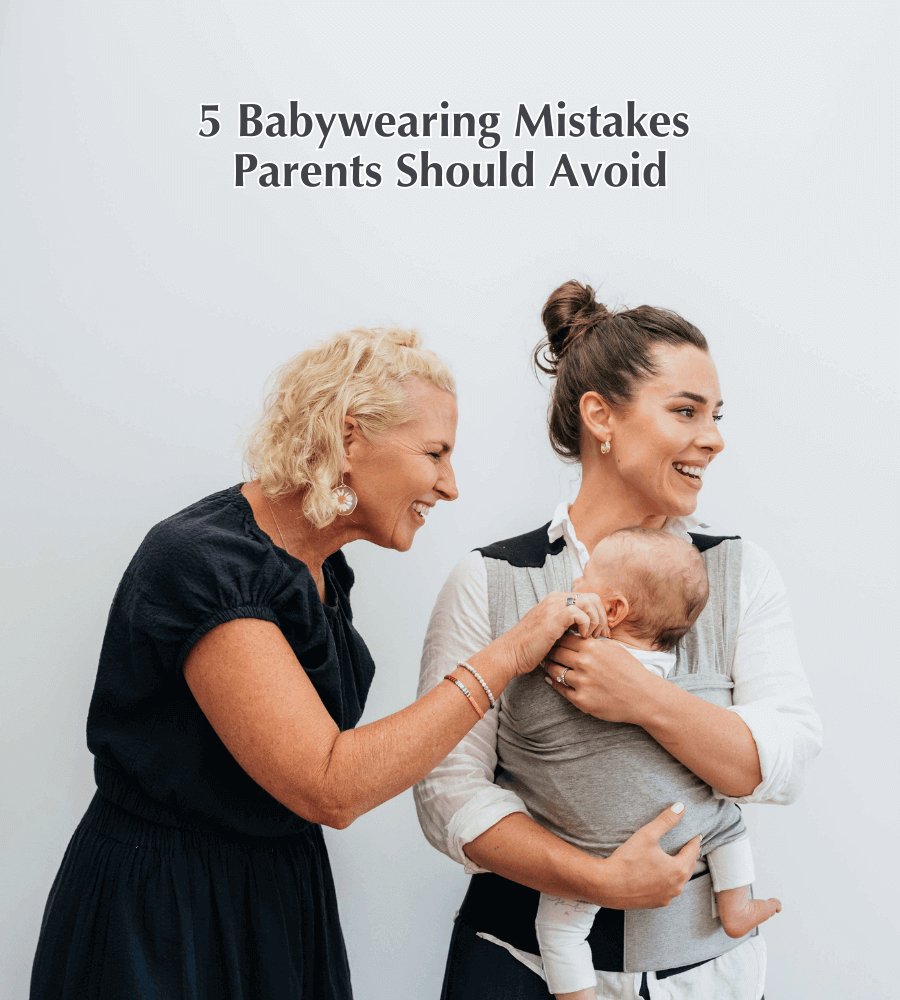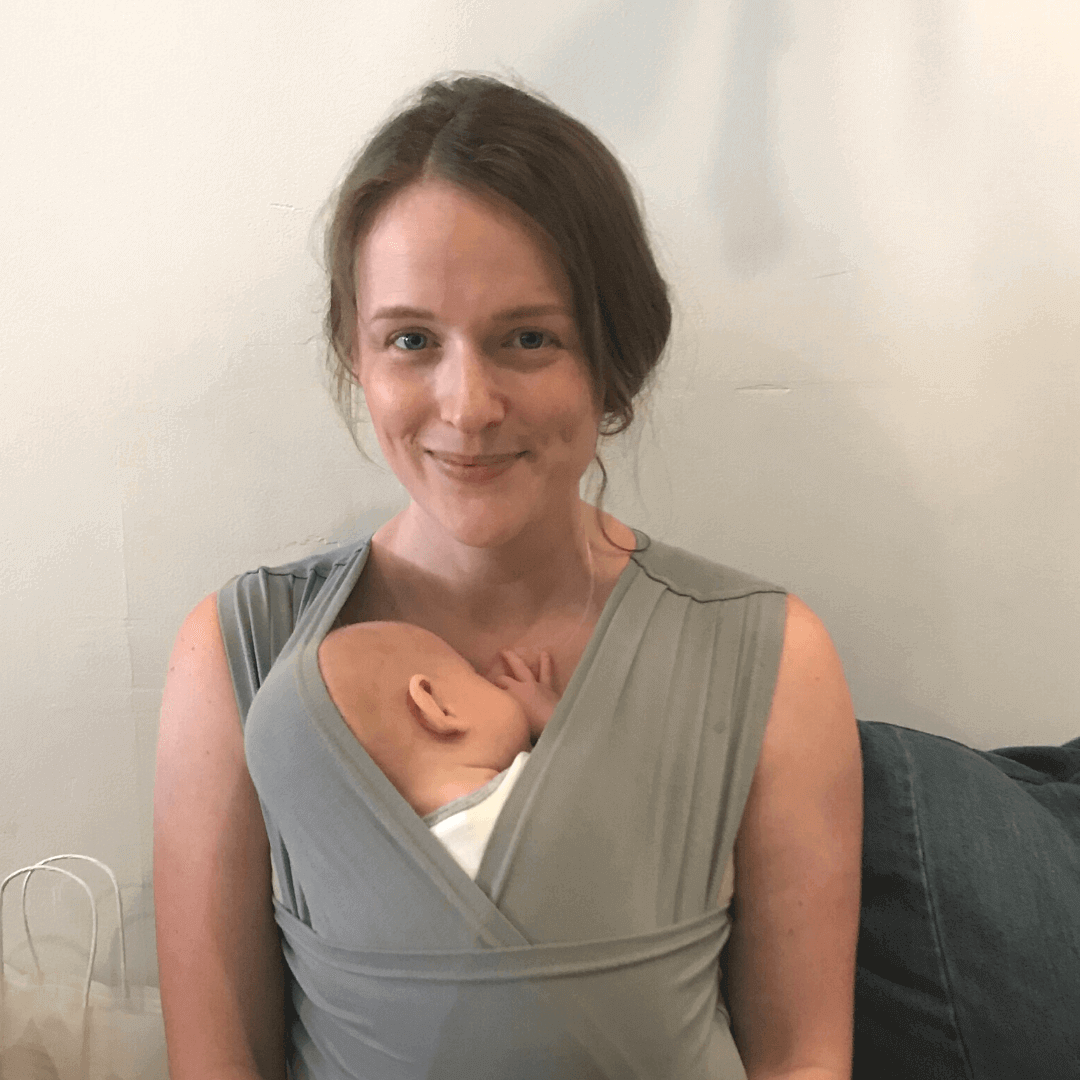Happy International Breastfeeding Week!
We are excited to continue our deep dive into all things breastfeeding with Jessica Kahan (RM, IBCLC, NDC).
Mother of two. Midwife, Lactation and Breastfeeding Expert. Read, an invaluable resource for breastfeeding mums.
To recap, Jess has built a business that aims to bring together a philosophy of supportive, considered and individualised services for women and families on the breastfeeding journey.
She has drawn on nearly a decade of experience in the perinatal and postnatal space to bring together this comprehensive resource for those wishing to breastfeed - in this Two-Part Series, you will be guided through the most commonly asked questions and challenges women face.
If you haven't yet, jump back to Part 1 of this blog series to catch up on the conversation 'The Top 5' most commonly asked questions and challenges faced by women on their breastfeeding journey.
Read on to hear more from Jess and her invaluable wisdom.
Cluster Feeding
When I see a couple on day 4 post-birth, they are often exhausted, overwhelmed and quite shocked at just how different their experience has been from their expectations. They might have pictured a baby feeding every 3-4 hours and sleeping in between. Sorry, but whoever told them that didn’t help at all. Babies do not feed on a strict schedule, they feed on demand. On average babies feed 8-12 times in 24 hours, but some feed even more and this is still common. This is not every 2-3 hours - it may be 30 minutes between some feeds and 5 hours between others. We want to look at a 24-hour period and ensure your baby receives a minimum of 8 feeds in that time, whereas 3-4 hourly is only 6-8 feeds.
I often tell these new parents that it is normal for a baby in the first few days of life to have the bulk of their feeds between 8:00pm and 4:00am, and to have their longest block of sleep between 4:00am and 11:00am. Almost always the parents will look at me with such relief that their baby is normal; that this is okay, exhausting but okay. If only they had known this at 3am when their baby was crying for yet another feed and they felt so lost and unsure.
New babies didn’t feel hunger while they were being fed very nicely in their comfy womb. Now the world is different and they need frequent feeds. The 8:00pm to 4:00am feeding pattern does not occur in every single baby - in fact, nothing ever happens the same in every single baby, which is what keeps my job so interesting - but it is normal for a baby to have varying gaps between feeds and these gaps can change from day to day in the same way that we do not eat the same number of calories at the exact same time of day every day. Babies grow and change at an extraordinary rate throughout infancy and so their need for milk, nourishment and comfort also changes regularly throughout this time.
Demand feeding is an extremely important part of breastfeeding management. If your baby is cluster feeding through the entire 24-hour period then this is cause for concern and would benefit from a consultation with your local IBCLC, but a block of cluster feeding each day is totally normal.
Mastitis
Mastitis. The word that sends a shiver down every new mother’s spine. You hear it’s awful, debilitating and downright scary. Other mums tell you the horror stories and it plays on your mind. Firstly, what is mastitis? By definition it is inflammation of the breast. In simple terms it is where milk has remained in the breast for too long and an infection sets in. Most often women think infection, I must go to the GP. Now that sounds logical - you have an infection you see a doctor. The problem is that the GP, unless they also happen to be an IBCLC will not be able to fix your mastitis or prevent a recurrence. They can give you antibiotics to fix the infection, but the blockage will remain. Now, I am not saying that antibiotics are never needed, they are - but rarely - in fact, in the last year in my practice I have not had to send a single woman to her GP for antibiotics. We have been able to remove the infection, clear the mastitis and prevent a recurrence.
Have you ever heard someone say that they have had mastitis 3 times, or 6 times or more? THIS SHOULD NOT HAPPEN! I am telling you as an International Board Certified Lactation Consultant that mastitis is not a normal part of breastfeeding. If you have had it, you need to be seen by a breastfeeding specialist. Your lactation consultant can refer you to a GP if you need antibiotics, but your first point of call when you have mastitis is an IBCLC. They may be able to do a telehealth appointment with you if they cannot see you straight away, or will direct you to a GP if needed.
Did you know that the antibiotics you are given to treat mastitis can actually put you at risk of subsequent bouts of mastitis? This is firstly because they are not addressing the cause of the milk stasis and secondly because they are affecting the natural flora within your milk that protects you from breast pain, infection and mastitis. The imbalance caused by antibiotics during birth, post-birth or for mastitis management means that the next blocked duct you have may become mastitis before you know it. Luckily breastfeeding probiotics exist to help restore the imbalance. In saying that, blocked ducts should not be occurring in the first place. If you have persistent blocked ducts, then review with your local IBCLC is very important to work out what is causing this breastfeeding issue and ensure you never have to deal with mastitis again.
Low Milk Supply
This is a big one. A concern to so many women, but a problem so few actually have. We know from research that only a very small percentage of women do not produce enough milk to feed their babies. This may be due to a few reasons, some of which are; mastectomy, hormonal issues, retained placenta or breast abnormality. However, the overwhelming majority of women who present with low milk supply do not have a naturally low supply, they have low supply because of an ongoing breastfeeding issue that has not been resolved.
Breastmilk supply is based on supply and demand. But what does that really mean? Initially our milk supply is heavily hormonally driven but as the weeks roll by breastmilk production becomes “autocrine” meaning our body makes what we tell it we need.
Imagine a baby (let’s call him Logan) drinks 800ml of milk in an average 24-hour period. He has 6 breastfeeds and 250ml of formula top-ups in a day, meaning that he drinks 550ml of breastmilk a day from his mother. Logan’s weight gain is great and he is happy. His mother wants to exclusively breastfeed him but feels her supply is low. The issue is that her body does not know that her baby needs more milk than what she is making. She is breastfeeding only 6 times in 24 hours. Each time she breastfeeds, the breast drains and milk production ramps up. As the breast approaches capacity, the milk production rate slows down. Now, because she is giving the formula, Logan is not going to the breast as frequently. You can see that if we were not giving that formula, Logan would be hungrier and possibly go to the breast 10-12 times in 24 hours. This would significantly increase her milk supply. If it didn’t, and Logan became unhappy or his weight output was not normal then we would worry about his mother’s capacity for milk supply. However, this mother’s low milk supply is not due to her inability to produce enough, and once she understands how milk production works, she can increase it.
Another really interesting concern is where a woman has been told her milk supply is low so she is expressing and topping up with her own milk, resulting in the baby gaining weight really well. Yet she believes her supply is low, even though the healthy thriving baby is only having her milk. She does not have a supply issue; she has a milk transfer issue. Her baby for whatever reason is not able to get their milk needs while breastfeeding directly. An IBCLC can review the latch and improve transfer, allowing her to stop needing to pump and offer bottles - unless she wants to, of course.
To find out more about Jess, check out her business Holistic Lactation Consulting - and BONUS, she is now also qualified to help you and your babe find a nourishing sleep rhythm.
We cannot thank Jess enough for sharing her insights and experience with our BabyDink Community.
If you or someone you know is having trouble breastfeeding their baby, please reach out to your local IBCLC.
If you are in Australia or NZ you can find out more here







Leave a comment (all fields required)